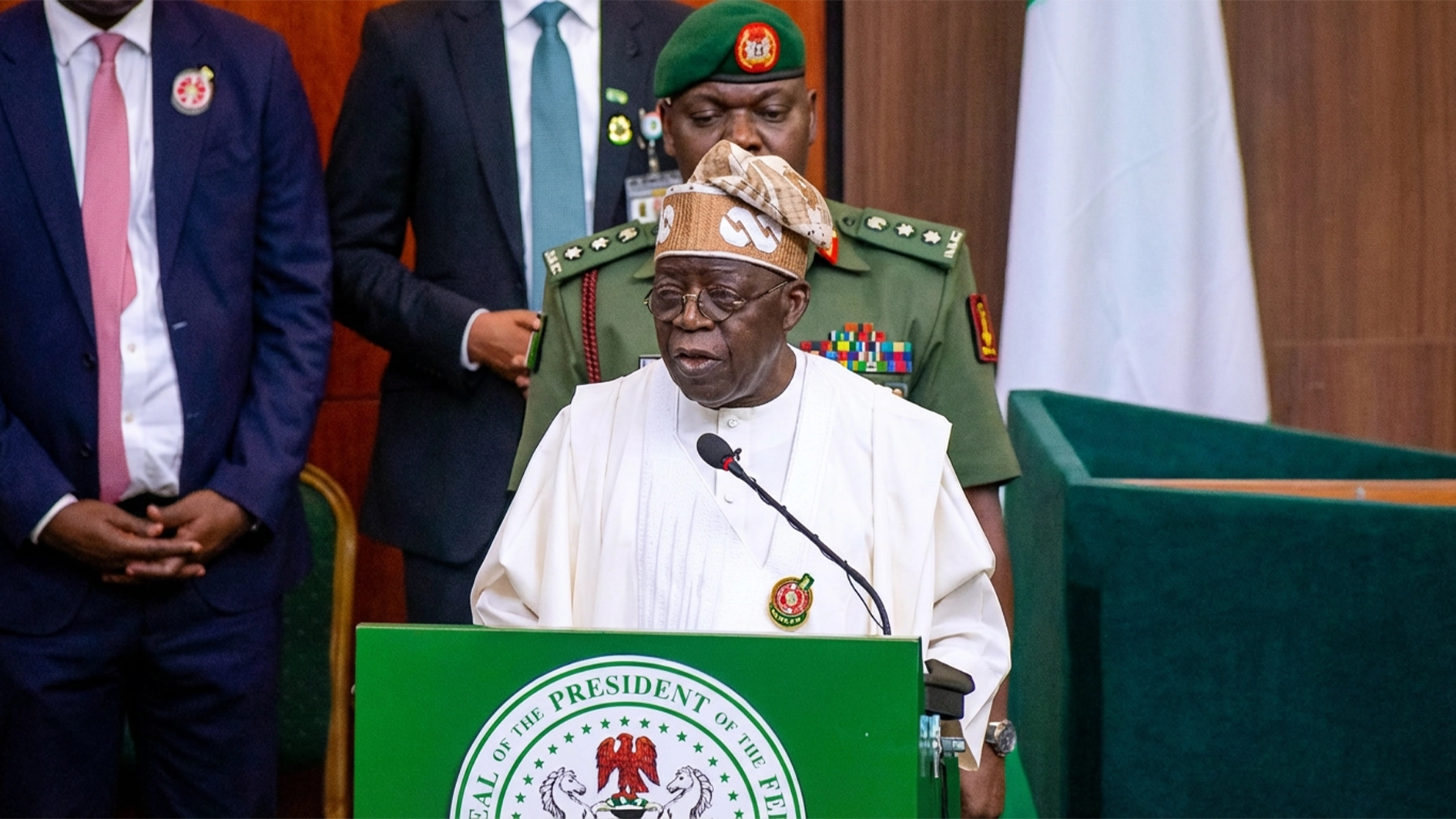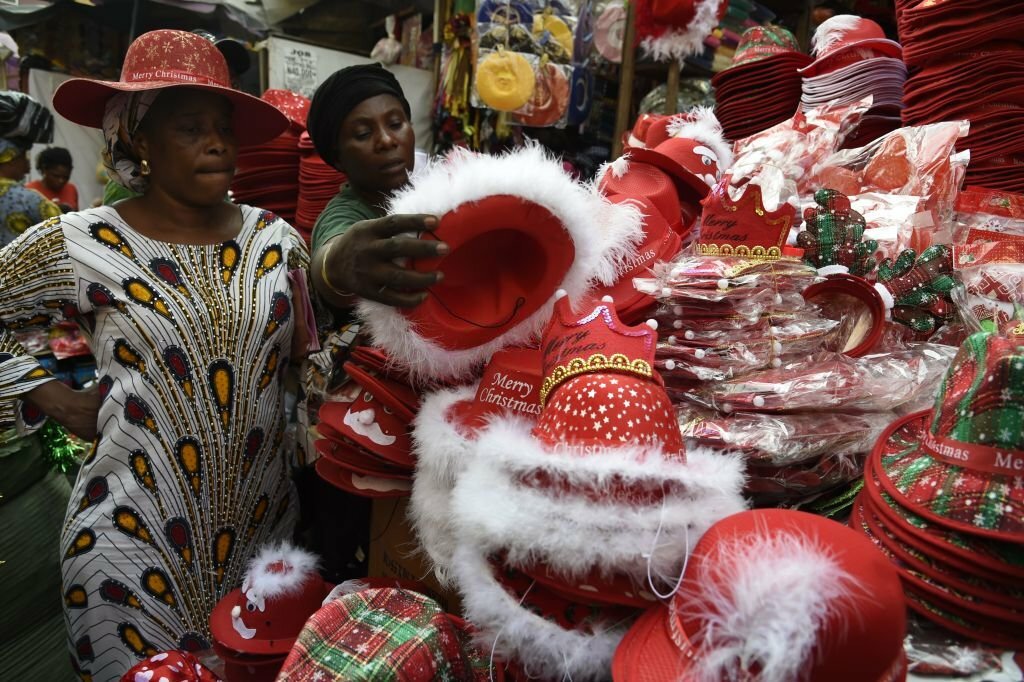Importers and trade analysts have raised concerns over the Nigeria Customs Service’s (NCS) re-introduction of the four per cent Free-on-Board (FOB) levy, citing fears of higher import costs, inflationary pressure, and weakened competitiveness for local businesses.
They noted that while it replaces the existing seven per cent Customs collection fee and the one per cent Comprehensive Import Supervision Scheme (CISS) fee, it increases the financial burden on importers, particularly through a net rise in clearing costs for vehicle imports and high-volume goods in the country’s inflationary climate
The four per cent FOB charge is calculated based on the value of imported goods, covering the cost of goods and transportation expenses incurred up to the port of loading.
The Secretary of the Customs Consultative Committee, Dr. Eugene Nweke, told The Guardian that, although the NCS has pitched the new charge as part of its broader efforts to modernise customs operations through the B’Odogwu Clearance System, the charge could stifle trade, raise consumer prices and hurt the economy.
Eugene argued that in a market already strained by currency volatility, high duty rates and port inefficiencies, the added cost is being seen as a blow to trade and industry.
“Without a doubt, the four per cent FOB levy is a cost component that adds to the cost of clearance from customs, and it can be considered a burden to the shipper. While the NCS may argue that it replaces existing fees and aims to modernise customs operations, the reality is that it still increases the financial burden on importers.
“However, the shippers take solace in the fact that the port is considered a value-added supply chain, and without mincing words, a four per cent FOB levy stands as a value addition to the port supply chain,” he said.
The National Public Relations Officer of the Association of Registered Freight Forwarders of Nigeria (AREFFN), Mr. Taiwo Fatomilola, voiced concerns on behalf of freight agents, particularly vehicle importers, who will be among the most affected by the policy.
According to Fatomilola, while Customs has announced the removal of the seven per cent customs processing fee and one per cent CISS charge, the reintroduction of the FOB levy seems to be just a replacement, offering little or no financial relief for importers.
“It’s like substitution by elimination. The previous charges were sub-charges not directly tied to the duty paid, but this percentage levy is now charged directly on the import duty. So, in effect, nothing has changed. It still feels like the same eight per cent is being collected just under a different name,” he said.
On his part, the Chief Executive Officer of Globe Joy Investment Nigeria Limited, Clinton Ikechukwu Okoro, warned that the reintroduction of the FOB levy will significantly raise the cost of imported goods and ultimately worsen the economic hardship faced by ordinary Nigerians.
Okoro stated that while the levy may seem like a technical adjustment in customs valuation, it has far-reaching implications that will increase operational costs and be felt by consumers nationwide, especially with its addition to the clearing process.
“You know, one thing about this thing is that no matter what expenses an importer incurs on his goods, he will still sell and make gains. Nobody will want to go and buy to come and sell at a loss,” Okoro explained.
He further cautioned that the policy’s ripple effects could extend beyond the port and logistics sectors.






